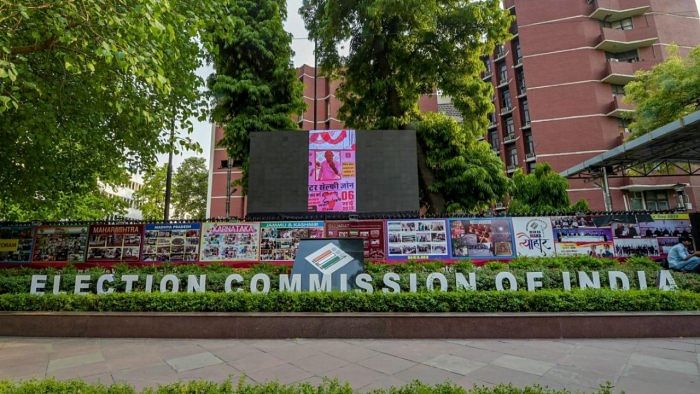
The Election Commission has done a disservice to itself by shifting its position on poll promises, as seen in a letter it wrote to political parties this week. These promises, generally referred to as ‘freebies’, have become a topic of debate in the country after Prime Minister Narendra Modi referred to what he called the “revadi” culture in politics some weeks ago. There are petitions before the Supreme Court seeking a ban on what are called unrealistic promises made by parties. The court had proposed to set up a committee to examine the issue of poll promises but the EC had told the court that it would not be appropriate for it to be a member of that committee. It rightly thought that it could not judge such promises as they were matters between political parties and voters.
The EC has now told the parties that they will have to explain how they will raise the resources needed to implement their poll promises and how they will impact the fiscal position. It proposes to introduce a standard format for this purpose in election manifestos and then evolve a model code of conduct. This is a far cry from the stand it had taken in the Supreme Court just weeks ago. The Centre may be keen to regulate or control the “freebie culture”, which the Prime Minister termed as “dangerous”. The AAP, which the BJP perhaps sees as a potential challenger in Gujarat and Himachal Pradesh, has thrived on offering what it sees as promises of welfare measures to voters. This may be a matter for discussion in public fora or as part of a political debate, but the Election Commission should have no role in it. It does not come within its constitutional remit, nor does it have the expertise or machinery to judge poll promises or their implications.
Even the court’s role in this matter is not clear because there is no apparent violation of the Constitution or any law when parties make promises. It is wrong to assume that the voters are a simple and credulous lot who do not know how to judge issues, people and parties and would be swept off their feet by those who make tall promises. That is an elitist argument which would question the very basis of democracy. Opposition parties have called the EC’s proposal to them an overreach and prompted by the government’s position on ‘freebies’. Their concerns are genuine; the EC should desist from going ahead with its proposal. No election authority in any democratic country takes a view on promises made by political parties to voters.